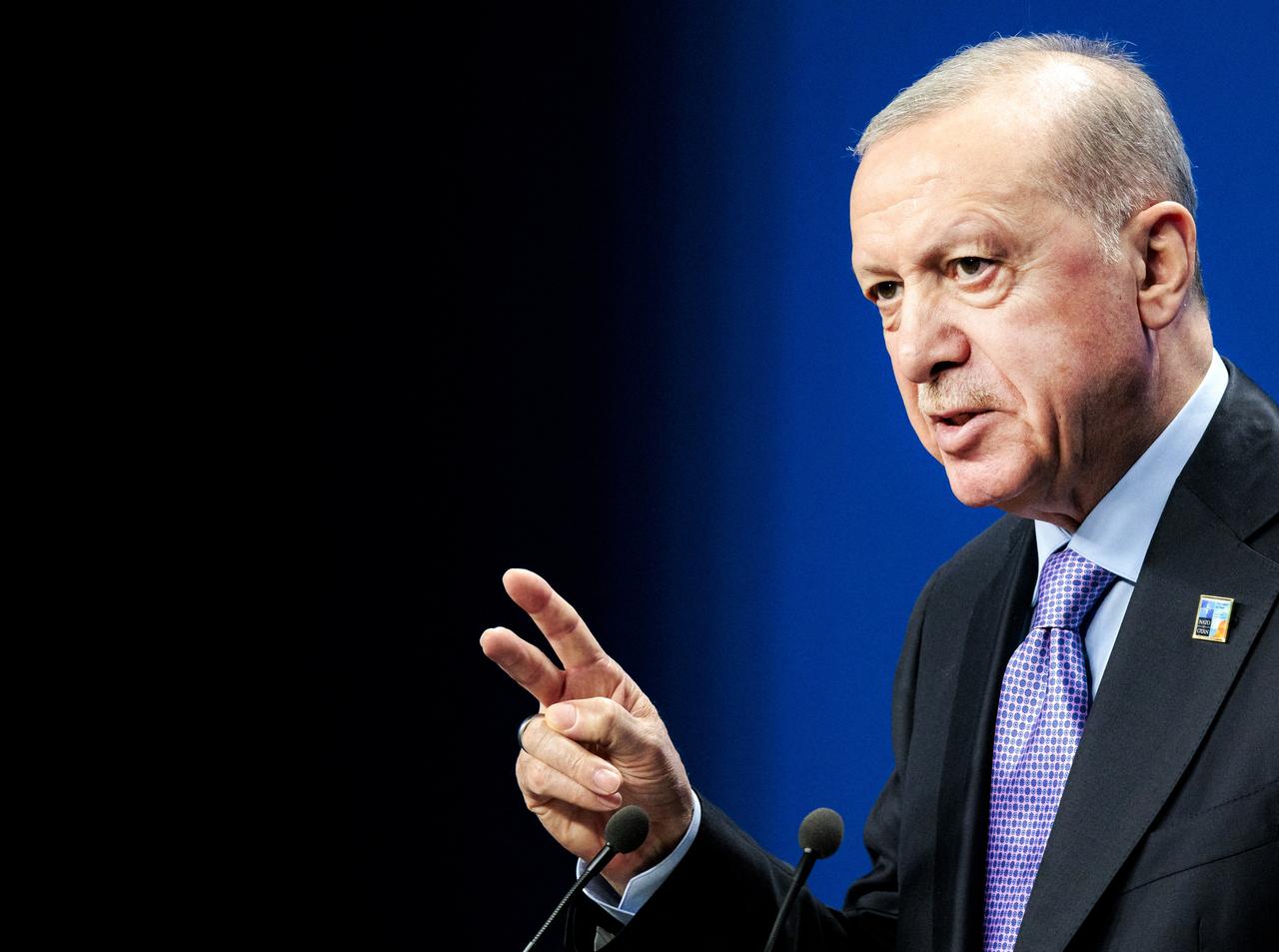
President Recep Tayyip Erdogan wrapped up his participation at the NATO summit in The Hague with a detailed press briefing that highlighted Türkiye’s key priorities amid growing global and regional challenges.
Against the backdrop of rising geopolitical tensions and economic uncertainties, Erdogan emphasized Türkiye’s strategic role within NATO and the broader international arena.
He underlined the importance of enhancing collective security, addressing emerging threats such as terrorism and regional conflicts, and reinforcing Türkiye’s commitment to cooperation while safeguarding its national interests.
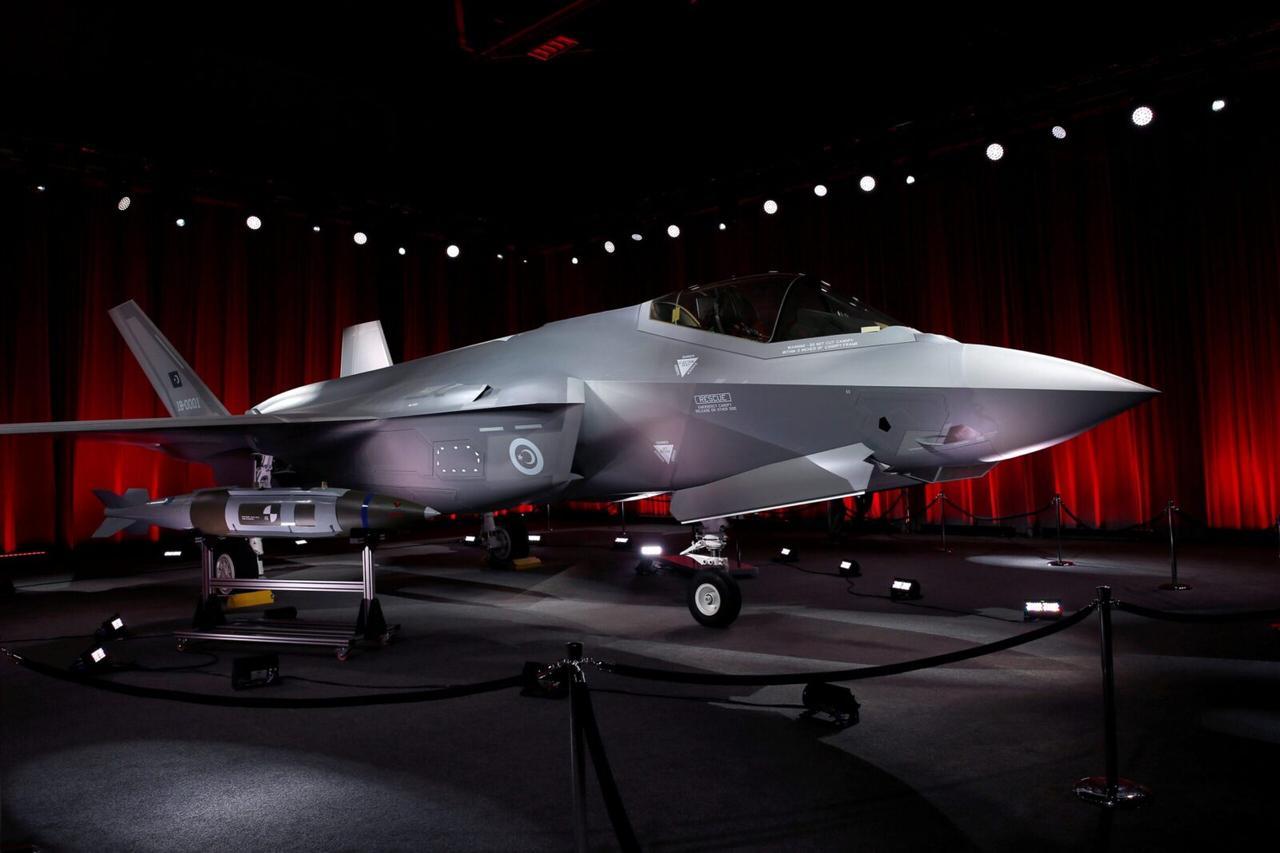
Erdogan revisited the ongoing controversy surrounding Türkiye’s exclusion from the F-35 Joint Strike Fighter program. He reaffirmed Türkiye’s stance that its removal was unjustified and highlighted Ankara’s continued demand for compensation over the decision.
The president emphasized that Türkiye remains committed to strengthening its defense capabilities and cooperation with NATO partners but criticized the unilateral actions taken by some allies, particularly the United States, which have strained bilateral relations.
“We expect fair treatment and respect for Türkiye’s contributions to NATO’s collective security,” Erdogan stated. He further underlined Ankara’s pursuit of alternative defense procurement strategies, including the advancement of domestic defense industries and partnerships with non-Western suppliers to ensure Türkiye’s strategic autonomy.
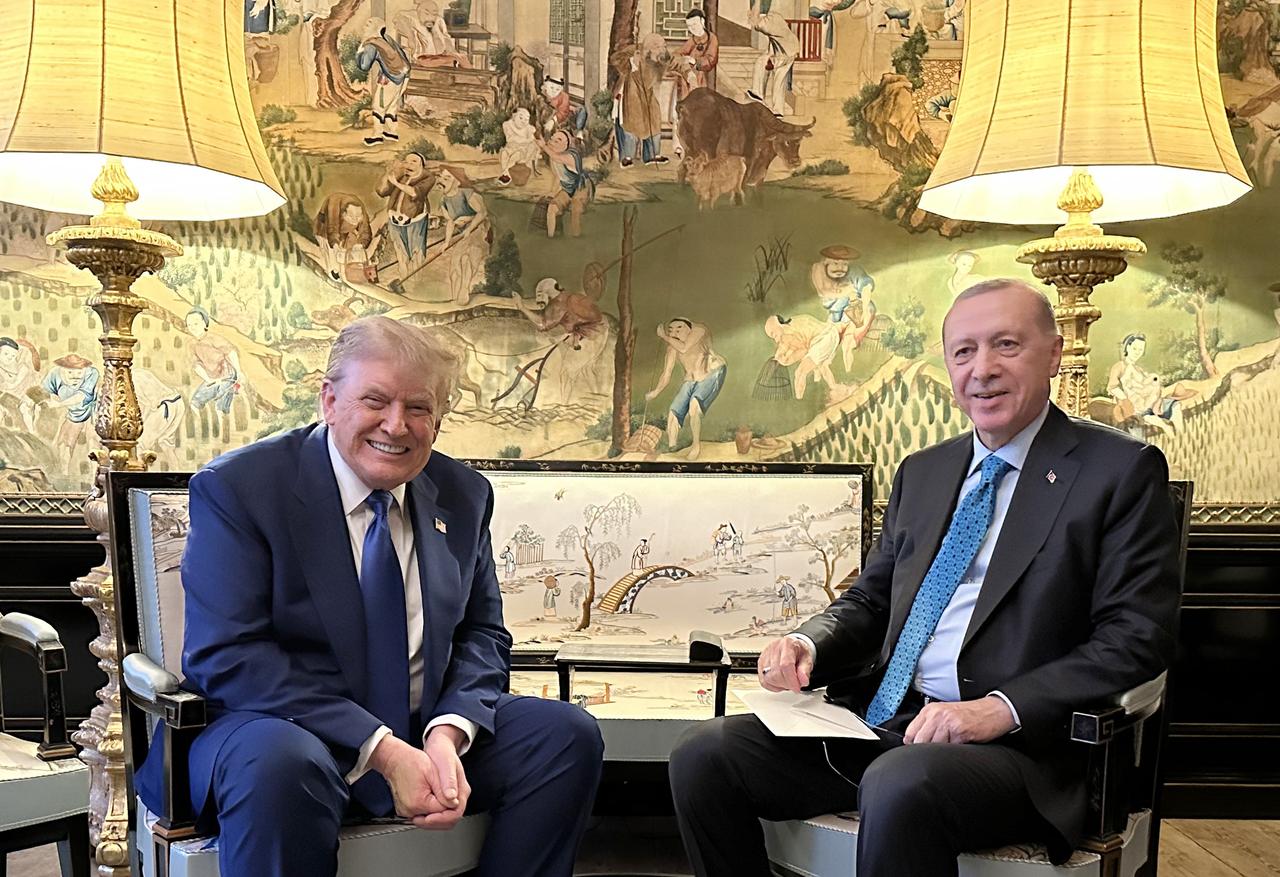
President Erdogan began by reflecting on Türkiye’s multifaceted relationship with the United States under the administration of President Donald Trump. He acknowledged progress in areas such as counterterrorism cooperation, military collaboration, and economic ties, but also highlighted ongoing disagreements, particularly over U.S. policies in Syria and the Eastern Mediterranean.
Erdogan stressed the need for a relationship grounded in mutual respect and strategic dialogue, warning that unilateral decisions by either side risk undermining longstanding partnership benefits.
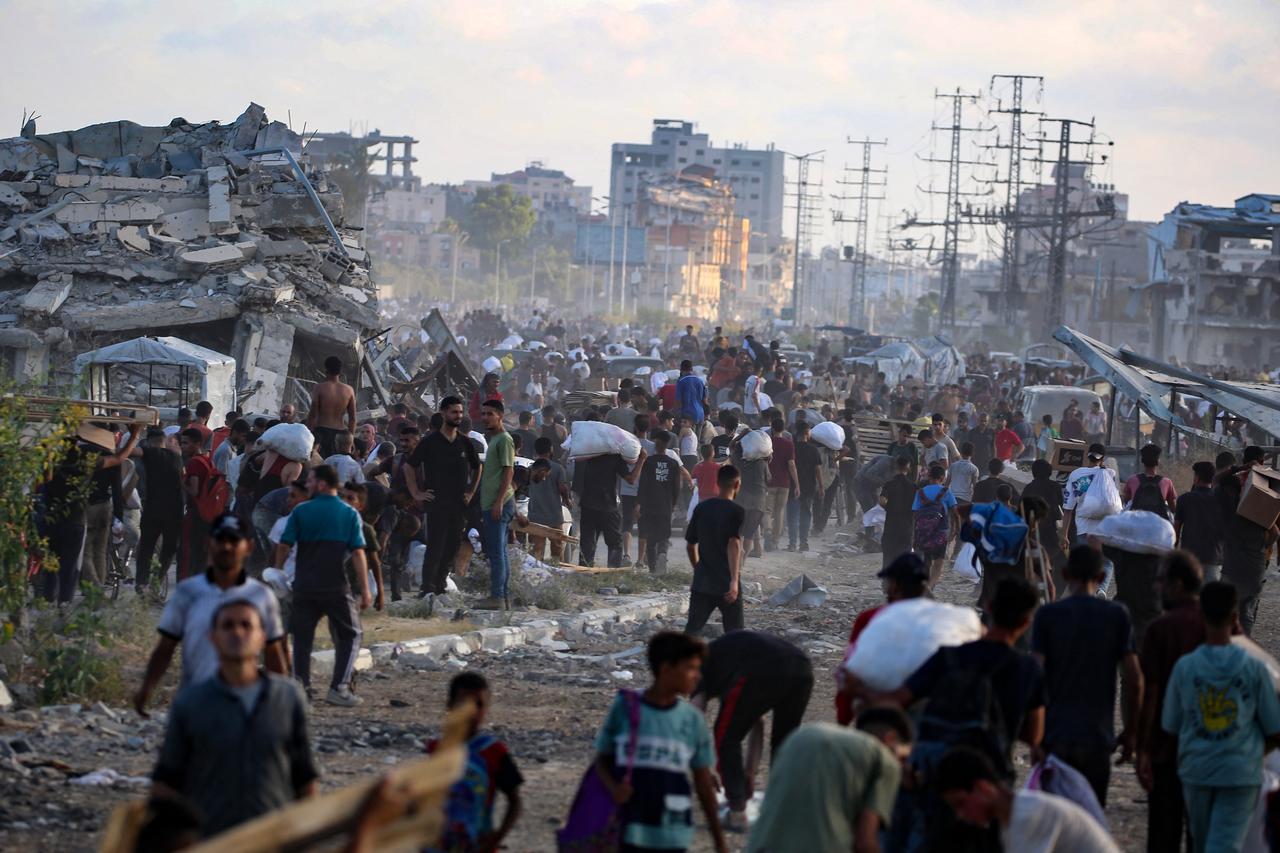
Turning to the Gaza situation, Erdogan delivered a forceful condemnation of the escalating violence and the humanitarian crisis unfolding in the region. He called on the international community, especially the U.S., to assume responsibility in halting hostilities and ensuring swift and unhindered delivery of humanitarian aid to the Palestinian people.
He argued that peace in Gaza and the broader Israeli-Palestinian conflict is not only a regional imperative but also a cornerstone of international security and stability. Erdogan urged a return to diplomatic negotiations based on international law and U.N. resolutions, criticizing what he described as a “one-sided” approach that exacerbates tensions and suffering.
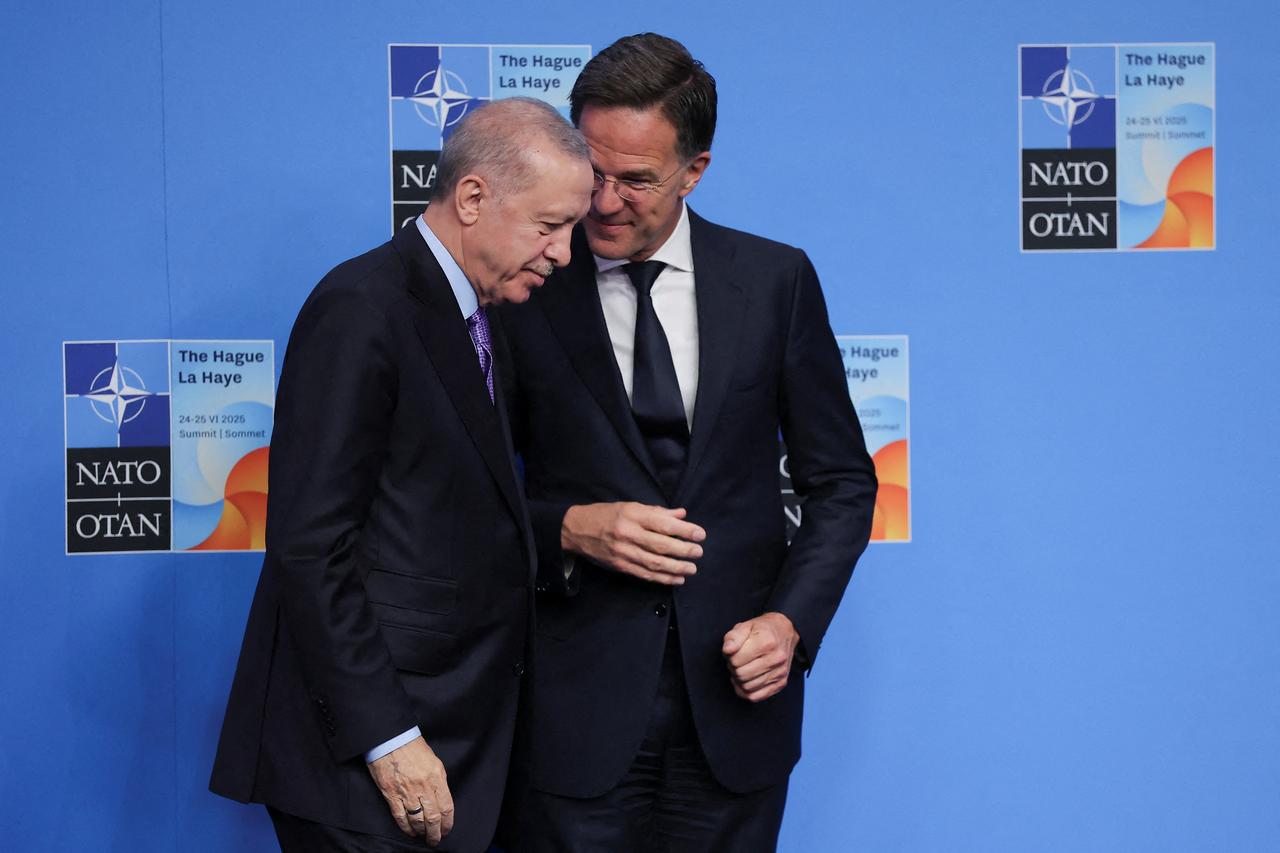
Erdogan reaffirmed Türkiye’s vital role and unwavering commitment within NATO, highlighting the alliance as a cornerstone of collective defense amid an increasingly volatile global security environment.
He cautioned against emerging divisions within the alliance, stressing that internal disunity weakens NATO’s ability to respond to common threats such as Russian aggression, cyber warfare, and terrorism.
Türkiye, he said, stands ready to contribute actively to joint missions and intelligence sharing, while also expecting solidarity from NATO members concerning Türkiye’s security concerns—especially regarding threats emanating from Syria and the Eastern Mediterranean maritime disputes.
Erdogan emphasized Türkiye’s unique geopolitical position, bridging Europe and Asia, which enhances NATO’s strategic depth and operational reach in sensitive regional theaters.
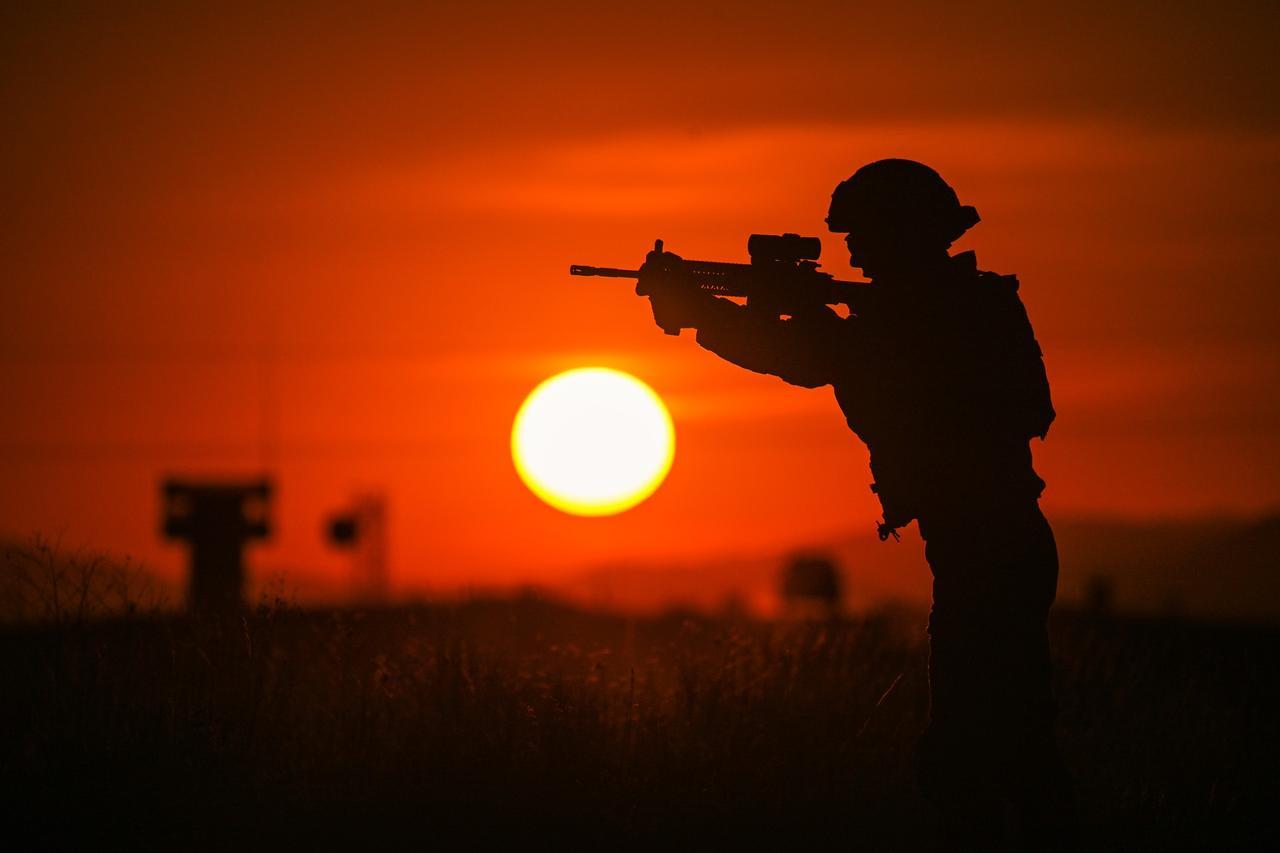
Highlighting persistent regional instability, Erdogan detailed Türkiye’s ongoing battle against terrorist organizations such as the PKK, the Daesh, and other extremist groups.
He expressed frustration with what he called “inconsistent” counterterrorism policies by some NATO allies, which he said undermine Türkiye’s security efforts and complicate regional peace.
Erdogan called for enhanced and comprehensive intelligence-sharing mechanisms, joint military operations, and a unified global stance against terrorism, urging NATO members to recognize and address the direct threats Türkiye faces on its borders.
He also mentioned Türkiye’s recent military operations in northern Syria aimed at neutralizing terrorist threats, defending national sovereignty, and creating safe zones for refugees.
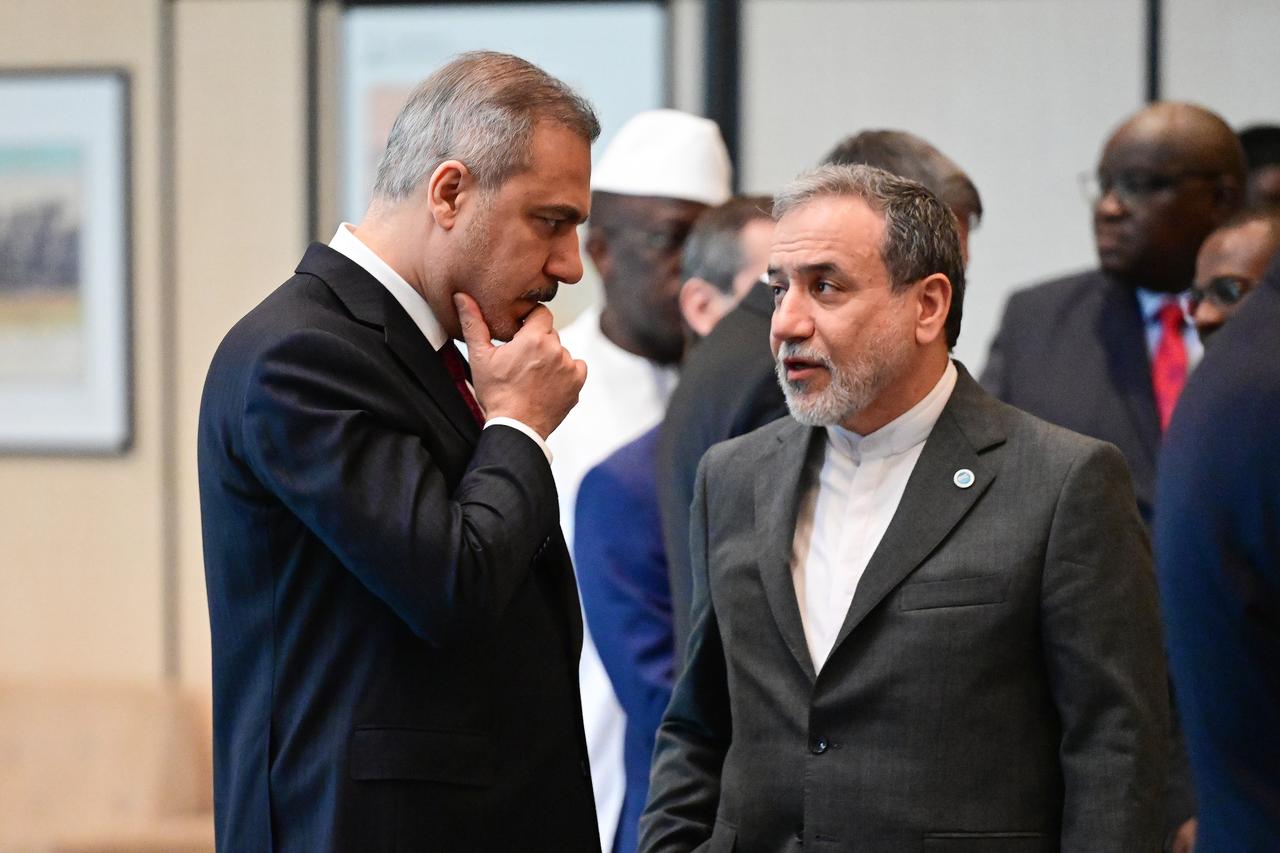
Erdogan underscored Türkiye’s dedication to an independent foreign policy that prioritizes national interests and regional stability, even while maintaining strong ties with Western allies.
He articulated a vision for Türkiye as a pivotal regional actor capable of mediating conflicts and fostering dialogue between competing powers, including Russia, Iran, and Gulf states.
Erdogan emphasized Türkiye’s balanced approach, navigating complex alliances and rivalries to protect its strategic autonomy while contributing to peace efforts in Syria, Libya, and the Caucasus.
This independent stance, he asserted, enhances Türkiye’s credibility and influence on the global stage.
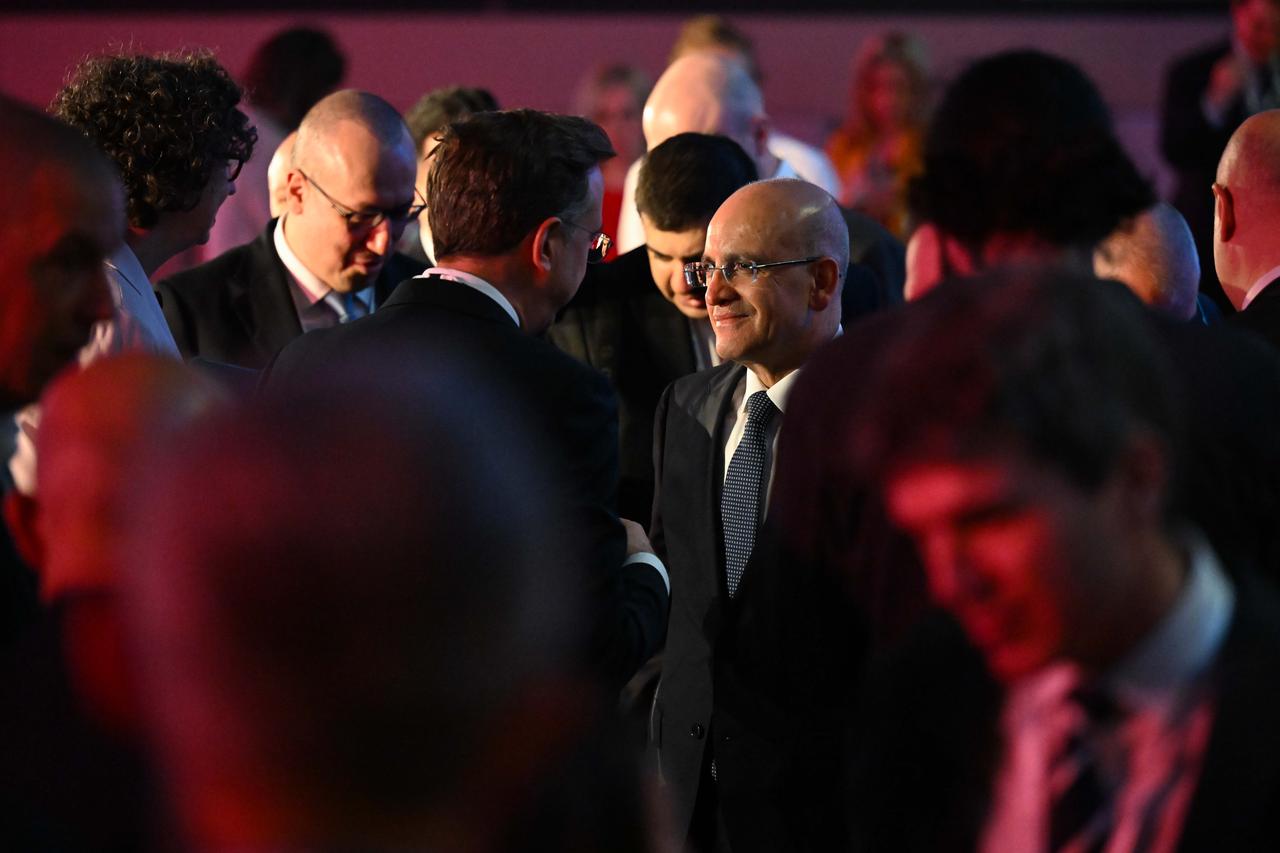
Despite global economic headwinds, Erdogan portrayed Türkiye’s economy as resilient and poised for sustainable growth.
He detailed government initiatives aimed at boosting domestic production, increasing exports, and fostering technological innovation to reduce dependence on imports.
Erdogan highlighted efforts to stabilize the Turkish lira, attract foreign direct investment, and support small and medium-sized enterprises as key pillars for economic recovery.
He also acknowledged challenges such as inflation and global supply chain disruptions but expressed confidence that Türkiye’s economic reforms and strategic planning would safeguard growth and employment.
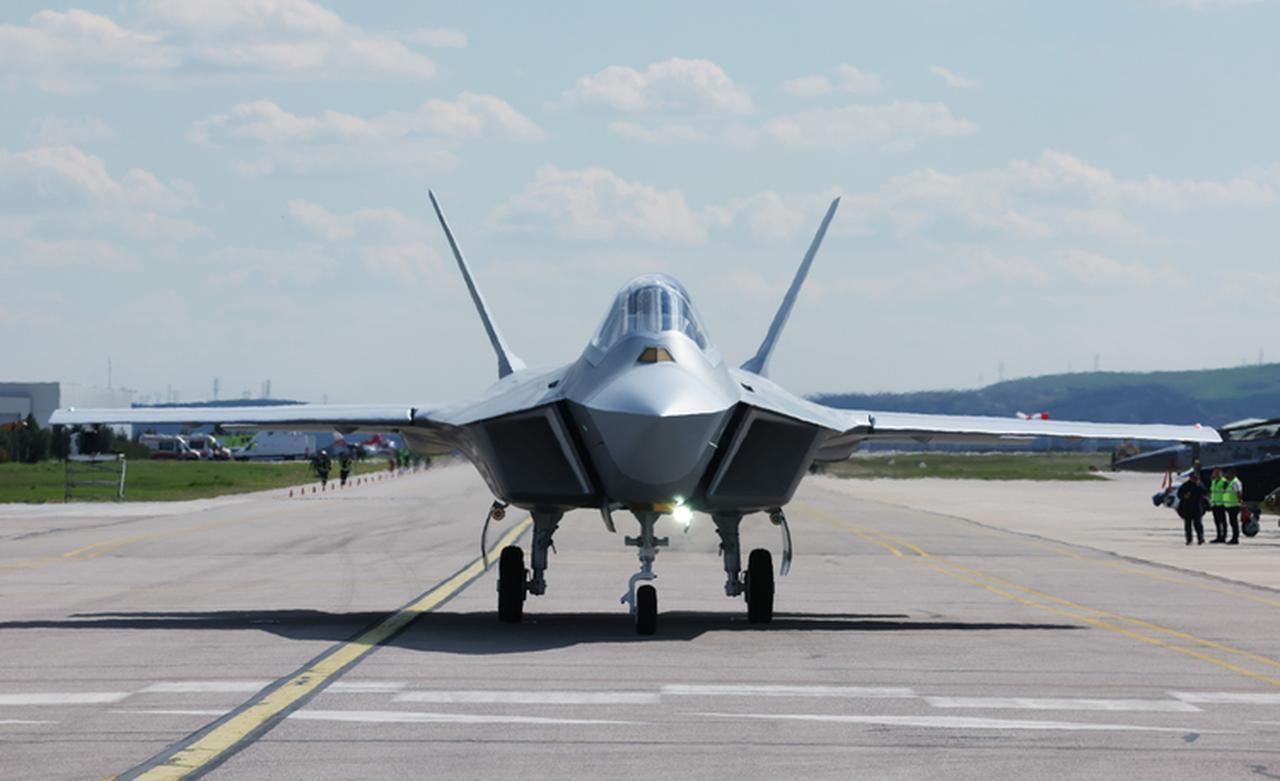
Erdogan proudly outlined major strides in Türkiye’s defense industry, including the development of indigenous weapons systems, drones, and missile technology.
He framed these advances as vital for national security and reducing Türkiye’s reliance on foreign arms suppliers.
The president called for greater defense cooperation within NATO, encouraging joint research, development, and military exercises to enhance interoperability and collective readiness.
He stressed that Türkiye’s defense capabilities not only strengthen its sovereignty but also contribute to regional stability and the alliance’s deterrence posture.
In closing, Erdogan highlighted the growing importance of multilateral cooperation in tackling global issues beyond security.
He called for renewed international commitment to addressing climate change, pandemics, and economic inequalities through coordinated diplomacy and shared responsibility.
Erdogan emphasized Türkiye’s active role in international organizations and forums, advocating for inclusive approaches that respect national sovereignty while fostering global solidarity.
He urged all countries, including NATO members, to work collaboratively toward building a more just, secure, and sustainable world.